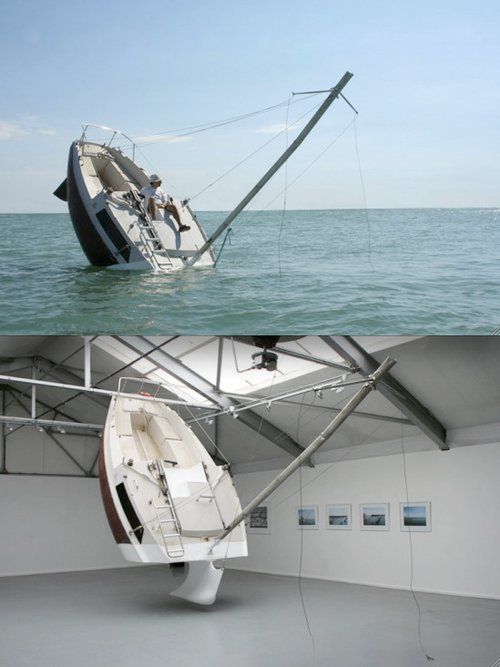
French conceptual artist Julien Berthier designed this yacht, known as the Love Love — it’s fully seaworthy but appears perpetually to be sinking.
He says it represents “lost hope and death.”
(Via the American Sailing Association.)

French conceptual artist Julien Berthier designed this yacht, known as the Love Love — it’s fully seaworthy but appears perpetually to be sinking.
He says it represents “lost hope and death.”
(Via the American Sailing Association.)
ingeminate
v. to utter (a sound) twice or oftener
stoundmeal
adv. at intervals; from time to time
anamnesis
n. the recalling of things past
concinnate
v. to arrange or blend together skillfully
New York zoning rules limit the height of skyscrapers, so Oiio Studio has proposed an innovative solution: Bend the building into a horseshoe. Designer Ioannis Oikonomou’s “Big Bend” building would be the “longest” building in the world, at 4,000 feet, but it would stand only 200 feet taller than One World Trade Center, currently the city’s tallest building.
“If we manage to bend our structure instead of bending the zoning rules of New York we would be able to create one of the most prestigious buildings in Manhattan,” the firm says in its building proposal. “The Big Bend can become a modest architectural solution to the height limitations of Manhattan.”
Whether that can be done remains to be seen. The project remains in the proposal stage.
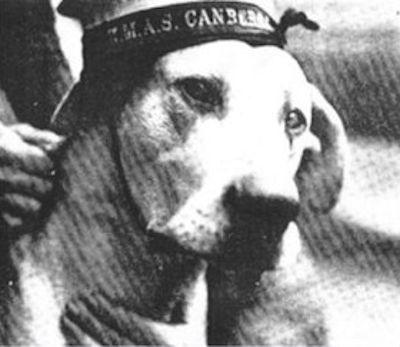
The only dog ever enlisted in the Royal Navy was a Great Dane who befriended the sailors of Cape Town in the 1930s. Given the rank of able seaman, he boosted the morale of British sailors around the world. In this week’s episode of the Futility Closet podcast we’ll tell the story of Just Nuisance and his adventures among the sailors who loved him.
We’ll also examine early concentration camps and puzzle over a weighty fashion.
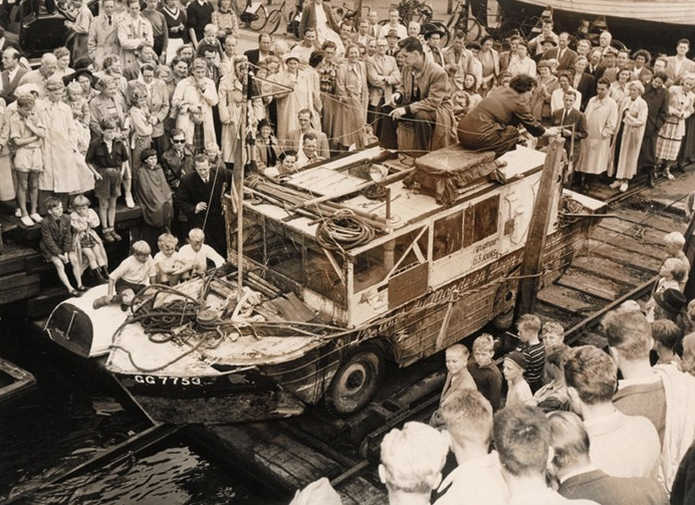
In 1946, Australian engineer Ben Carlin decided to circle the world in an amphibious jeep. He would spend 10 years in the attempt, which he called an “exercise in technology, masochism, and chance.” In this week’s episode of the Futility Closet podcast we’ll describe Carlin’s unlikely odyssey and the determination that drove him.
We’ll also salute the Kentucky navy and puzzle over some surprising winners.
Early visitors to Kenya’s Kitum Cave found the walls curiously scratched and furrowed: They discovered that elephants frequent the cave each night to scratch rocks from the walls, which they eat for their salt content.
They have done this for centuries, enlarging the cave significantly in the process and effectively converting it into a salt mine, which they now share with other species.
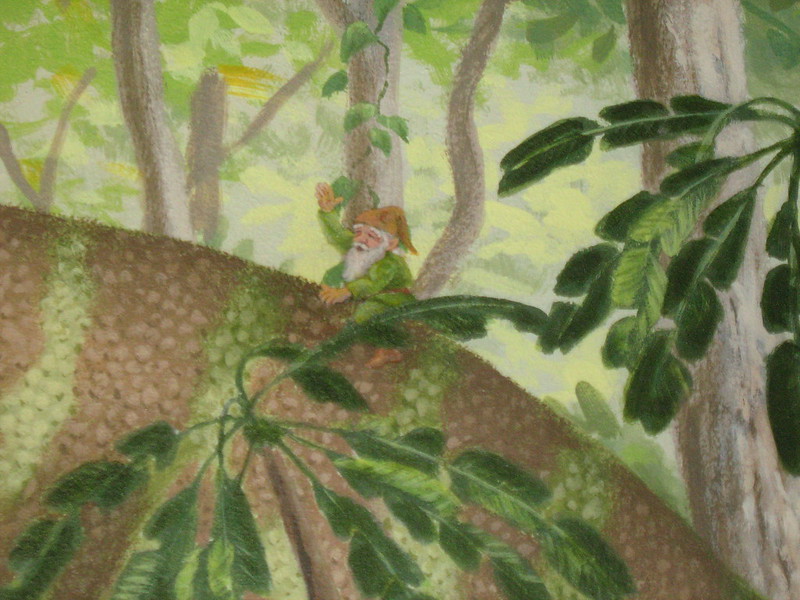
In painting backdrops for the dioramas at the Denver Museum of Nature and Science in the 1970s, artist Kent Pendleton hid eight elves. “It was just kind of my own little private joke,” he said in 2018. “The first one was so small that hardly anyone could see it, but it sort of escalated over time, I guess. Some of the museum volunteers picked up on it and it developed a life of its own.”
The museum’s field guide currently lists nine hidden finds, but there are more — the exact number is not known.
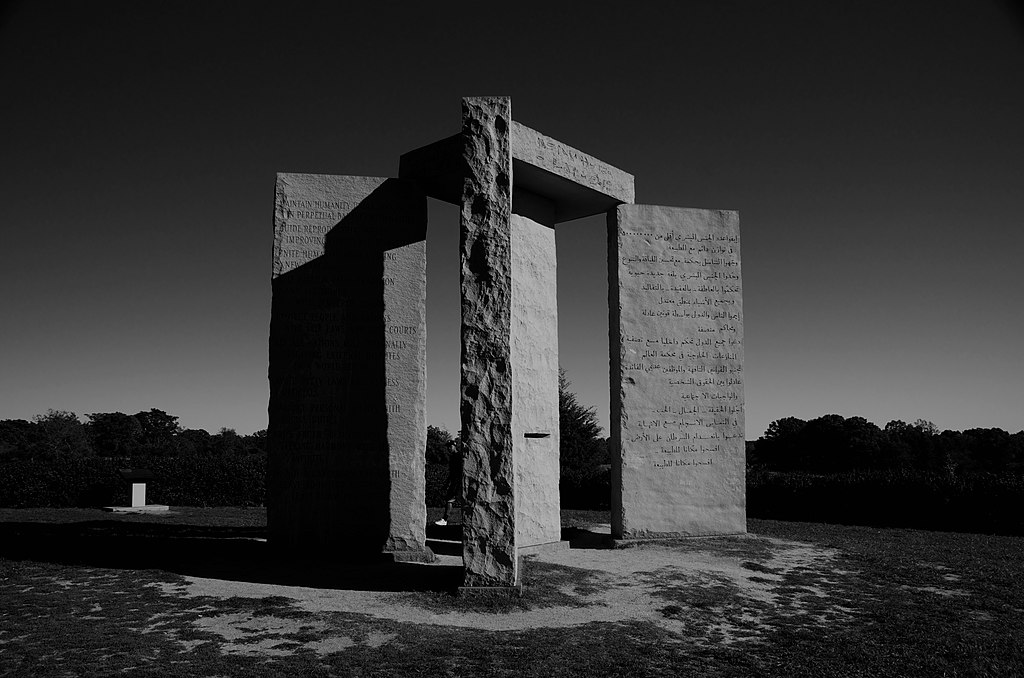
In Elbert County, Georgia, stands a granite monument bearing 10 guidelines inscribed in eight languages:
It was commissioned in 1979 by a man using the pseudonym Robert C. Christian, who seemed to have considerable resources. A ledger nearby explains that the structure operates as an astronomical calendar and that a time capsule lies 6 feet beneath.
It’s thought that the inscription lists the principles that will be needed to rebuild a devastated civilization. A tablet reads, “Let these be guidestones to an Age of Reason.”
The nuts-and-bolt illusion, devised by American magician Jerry Andrus.
“I can fool you because you’re a human,” he once said. “You have a wonderful human mind that works no different from my human mind. Usually when we’re fooled, the mind hasn’t made a mistake. It’s come to the wrong conclusion for the right reason.”
This is a striking illusion, but I haven’t been able to learn anything about the creators.
02/26/2020 UPDATE: Ah, here we go — the artist is Johannes Stötter:
Here he is working on some landscape bodyart (NSFW). Thanks to everyone who wrote in to identify him.